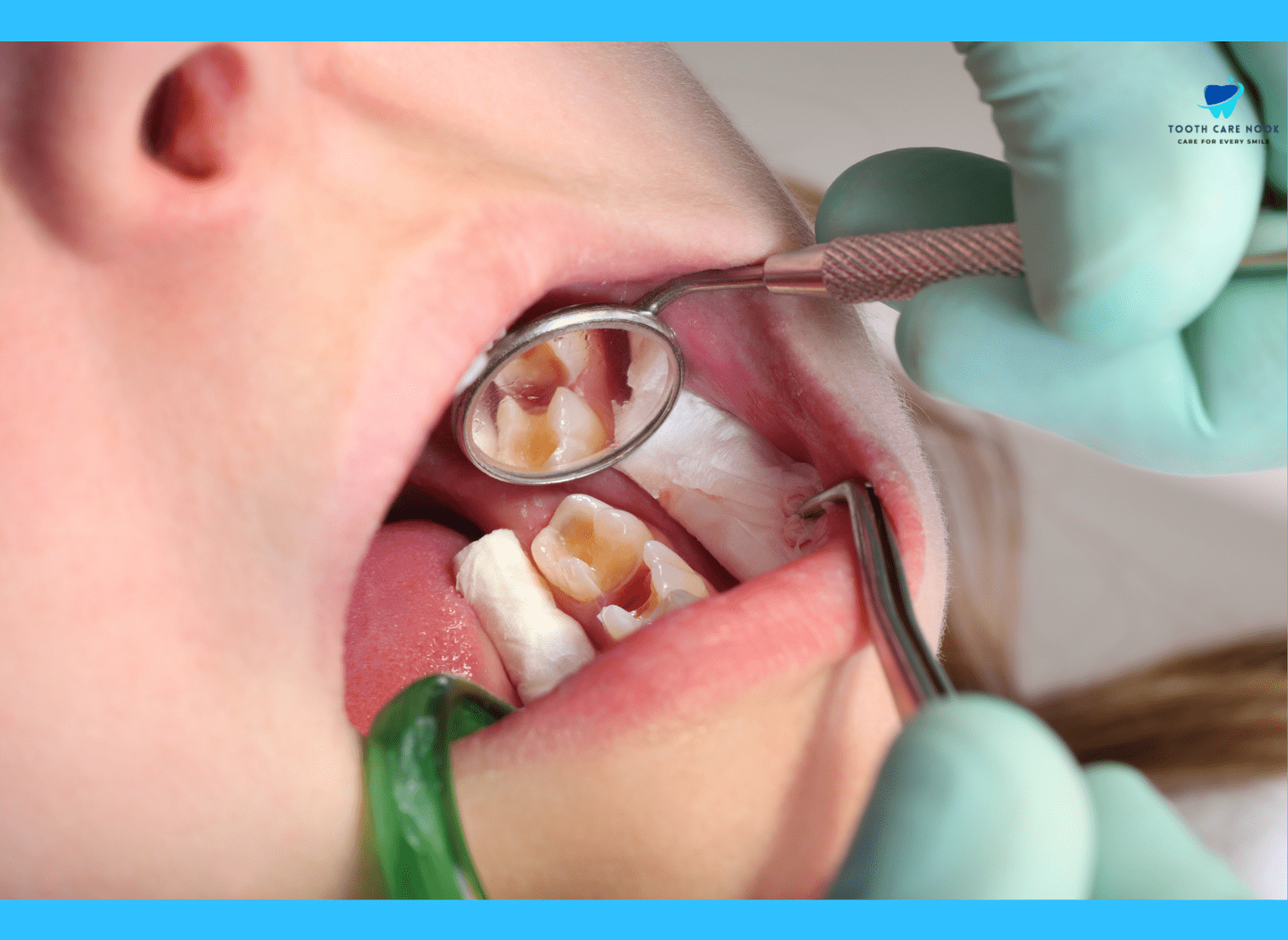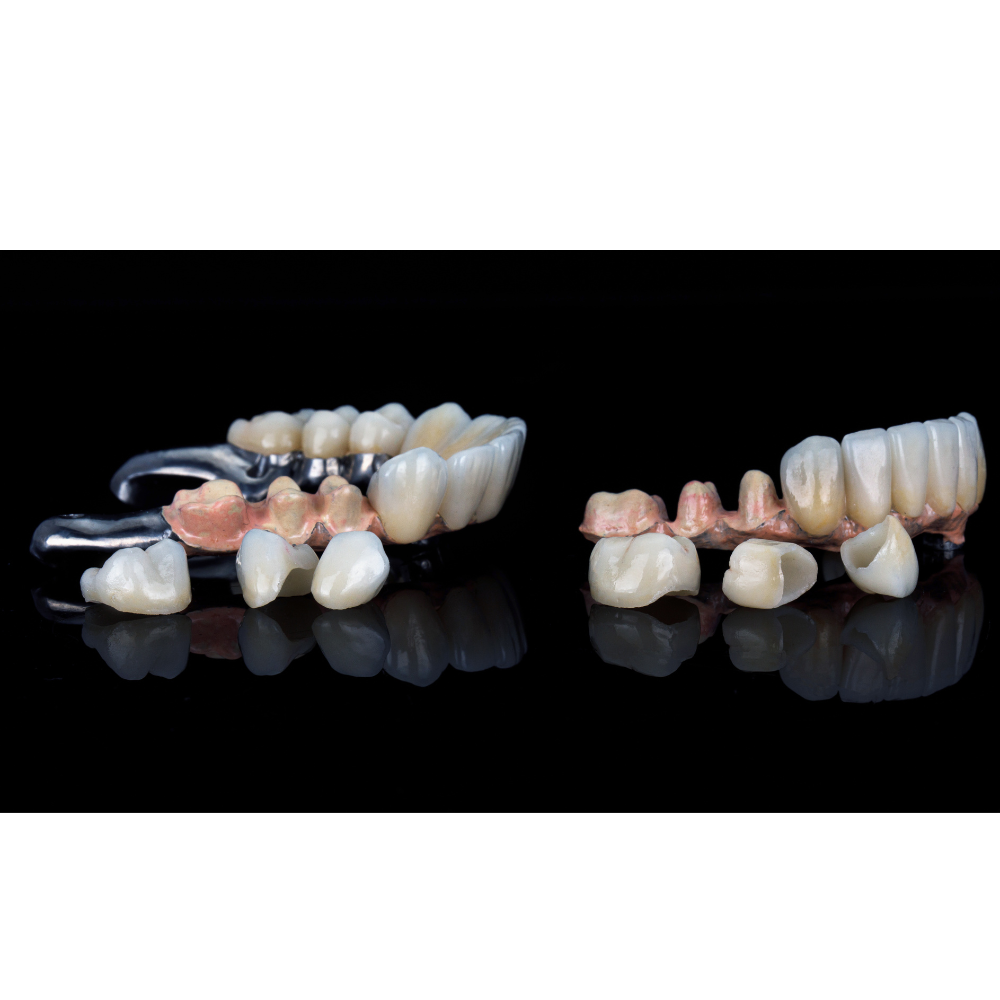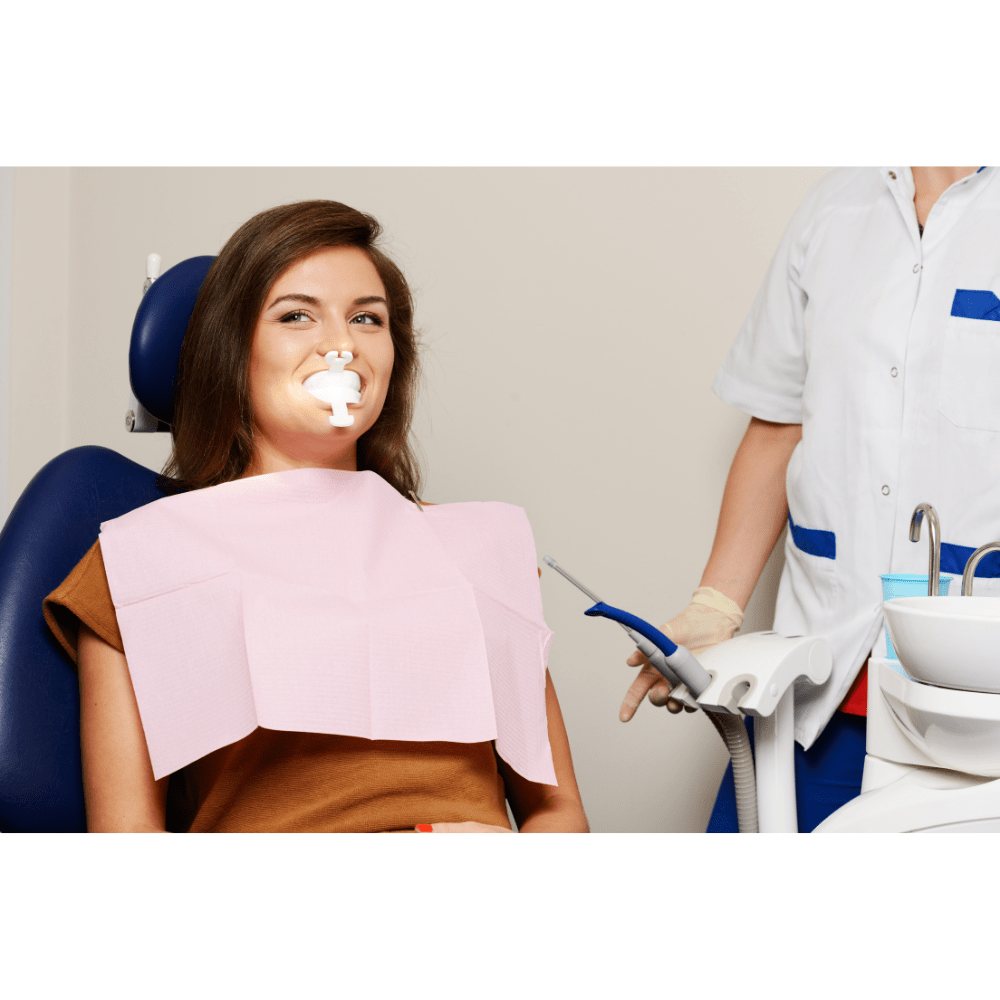Why There’s Bad Taste In Mouth After Wisdom Teeth Removal | Know The Other Side
Experiencing an unpleasant taste in your mouth after wisdom teeth removal can be disconcerting. This unexpected sensation often raises questions about the recovery process and what might be happening inside your mouth.
It’s a common concern among those who have undergone this procedure. This leaves them wondering whether this taste is normal or if it signals something more serious. It can provide reassurance and clarity during the healing process to know the possible causes behind this taste.
Why There’s Bad Taste In Mouth After Wisdom Teeth Removal?
Here are some reasons for a bad taste in the mouth after wisdom teeth removal,
Blood Clotting:
Blood clots form at the extraction site to help with healing. Sometimes, these clots can break down which leads to a bad taste.
Bleeding:
There’s bound to be some bleeding. Blood has a metallic taste which can linger in your mouth during and after the extraction.
Food Particles:
Food can get trapped in the extraction sites, which can decay and cause a bad taste.
Infection:
An infection at the extraction site can produce a bad taste. Signs of infection include increased pain, swelling, and pus.
Medications:
Pain medications and antibiotics prescribed after the procedure can leave a metallic or bitter taste in the mouth.
Dry Socket:
If the blood clot at the extraction site dislodges, it can lead to a dry socket which is painful and often accompanied by a foul taste.
How To Get Rid Of Bad Breath From Wisdom Teeth?
You can follow the following steps to get rid of bad breath after wisdom teeth removal:
Salt Water Rinse:
Use a warm salt water solution like 1 teaspoon of salt in a cup of warm water to rinse your mouth gently, 3-4 times a day. Use an antiseptic mouthwash as recommended by your dentist to reduce bacteria.
Drink Plenty of Water:
Staying hydrated helps wash away food particles and bacteria, reducing bad breath.
Eat Soft Foods:
Eat foods that are easy to chew and less likely to get stuck in the extraction sites like yogurt, mashed potatoes, and soups.
Take Prescribed Medications:
Take any prescribed antibiotics and pain relievers as directed to prevent infection and control pain.
Consider a Tongue Scraper:
Gently scraping your tongue can remove bacteria that contribute to bad breath.

Why Does My Mouth Smell After Wisdom Teeth Removal
- Decaying food particles can also produce a foul odor.
- Poor oral hygiene can lead to bacterial growth and bad breath.
- Bacteria and debris can lead to bad breath and a foul smell.
- Infection can produce a noticeable bad smell.
- A dry socket can lead to a strong and unpleasant odor.
Impact Of Halitosis Wisdom Teeth On Long-Term Oral Hygiene
Halitosis caused by wisdom teeth can harm your long-term oral hygiene if left untreated. Here’s how:
Increased Bacterial Buildup:
Wisdom teeth that are impacted partially erupted or misaligned create difficult-to-clean areas in the mouth. Food particles and bacteria get trapped more easily in these areas. The bacteria in your mouth thrive on these trapped particles, leading to plaque and tartar buildup.
Gum Disease:
Plaque and tartar buildup irritates the gums and can cause gingivitis. Gingivitis can progress a severe gum disease that damages the supporting bone and tissues of the teeth If left untreated.
Increased Risk of Cavities:
The bacteria that cause bad breath also contribute to tooth decay. When these bacteria accumulate on the teeth and gums, they produce acids that erode the enamel and lead to cavities.
Bone loss:
Periodontitis can lead to bone loss around the teeth which weakens their foundation. This advanced stage of gum disease causes the gums to pull away from the teeth. This creates pockets where bacteria can thrive and cause further damage.

When To Worry About Halitosis from Wisdom Teeth
You should be worried about halitosis from wisdom teeth if you feel the following symptoms:
Persistence:
It could indicate an underlying issue if bad breath persists for more than a week or two even after following good oral hygiene practices.
Severity:
Extremely foul or putrid-smelling breath can be a sign of infection.
Accompanying Symptoms:
If bad breath is accompanied by other symptoms like fever, throbbing pain, swelling around the wisdom teeth area, or difficulty swallowing. It suggests a potential complication like a dry socket or infection.
FAQs
Is Bad Breath Normal After Tooth Extraction?
Yes, bad breath is common and normal after a tooth extraction. The healing socket and disrupted brushing routine can cause temporary odor.
What Does Halitosis Smell Like?
Halitosis or bad breath can have several unpleasant odors like the following:
- Rotten egg smell
- Fruity smell
- Metallic smell
- Strong cheesy odor
What Should I Eat After Wisdom Teeth Removal To Avoid Bad Breath?
Opt for soft foods during the initial healing period. These are easier to chew and less likely to get trapped around the wisdom teeth area. Stay away from spicy or acidic foods that can irritate the extraction site and potentially worsen bad breath.
Can A Dentist Cure Bad Breath?
Yes, a dentist can help cure bad breath in most cases. They will diagnose the underlying cause.
How Do You Hide Bad Breath When Talking?
While not a long-term solution, you can chew sugar-free gum can stimulate saliva production and freshen your breath for a short time. Use a mouthwash designed for bad breath but avoid harsh alcohol-based ones that can dry out your mouth.
What Happens To My Breath After The Bad Taste Subsidies?
The bad taste after wisdom teeth removal should subside within a few days. Once the taste is gone, your breath should return to normal as long as you practice good oral hygiene and follow your dentist’s post-surgical instructions.



